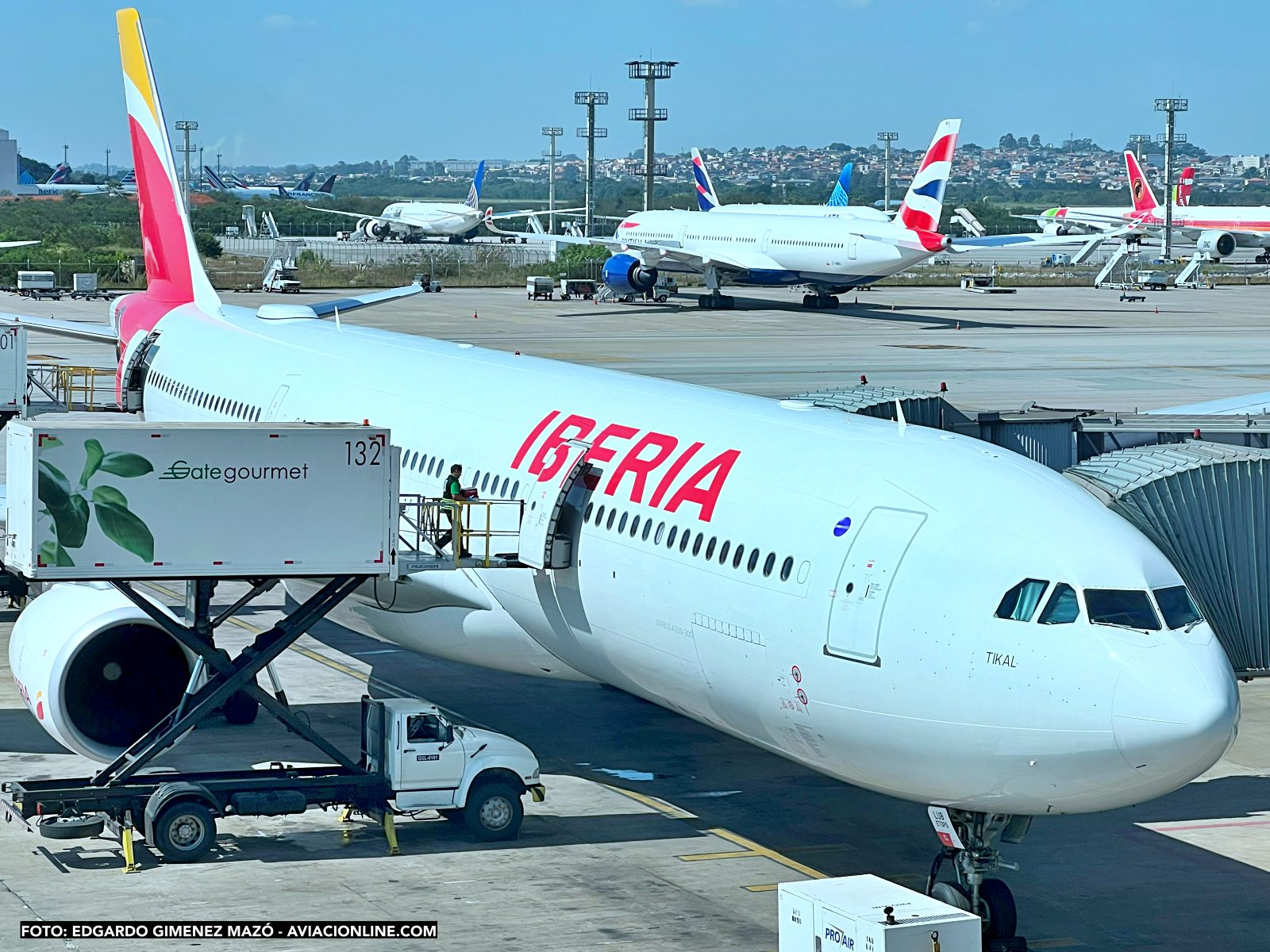What does the new agreement between Aerolíneas Argentinas and Iberia mean?
The new interline agreement between Aerolíneas Argentinas and Iberia, announced this Thursday, aims, according to the companies, to improve air connectivity between Argentina and Spain by allowing passengers to combine flights from both airlines under a single reservation. This type of agreement does not imply an operational merger or a long-term strategic alliance, but it does facilitate the purchase of itineraries that include flights operated by different airlines.
The agreement allows transatlantic flights to be connected with domestic routes in both countries without the need to issue separate tickets. The connections will be made through Buenos Aires (Ezeiza and Aeroparque) and Madrid-Barajas Airport (Terminal 4). According to the companies, travelers will have access to 37 destinations within Argentina and 29 within Spain.
In practice, this means that a passenger flying from Madrid to Buenos Aires with Iberia can continue their journey to destinations like Córdoba, Ushuaia, or Iguazú with Aerolíneas Argentinas, without the need to reissue the ticket or recheck baggage. The same applies in the opposite direction for those entering Europe with Aerolíneas Argentinas and traveling, for example, to Barcelona or Valencia on Iberia flights.
This type of agreement is typically used as a commercial tool to extend the geographical reach of the companies without the need to open new routes. However, it does not necessarily imply a codeshare agreement or fare coordination between the airlines, as happens in deeper alliances.
The relationship between the two companies has historical precedents. During the 1990s, Iberia was involved in the management of Aerolíneas Argentinas as part of the process to privatize the Argentine state airline, with a rather bitter outcome for the airline, which nearly ended in its closure.
The new cooperation, however, is limited to the commercial operational plane and does not involve any stock control or corporate integration. Additionally, at that time, Iberia was part of the Spanish state and still had a long way to go toward corporate modernization, which came with its own privatization and subsequent merger with British Airways in 2011, forming the International Airlines Group, a holding company that also includes Aer Lingus, Vueling, and LEVEL.
Aerolíneas Argentinas is not the same as it was in 1990. Yes, it returned to state hands, but commercially it operates very differently than it did back then, with a more modern fleet and an impeccable flight compliance operation.

This agreement takes place in the context of the recovery of international air traffic, where many airlines are prioritizing limited cooperation schemes to optimize routes, capture demand in secondary markets, and reduce friction for passengers without altering their own operational structures.

/https://aviacionlinecdn.eleco.com.ar/media/2025/03/aerolineas_argentinas_e_iberia.jpeg)
Para comentar, debés estar registradoPor favor, iniciá sesión